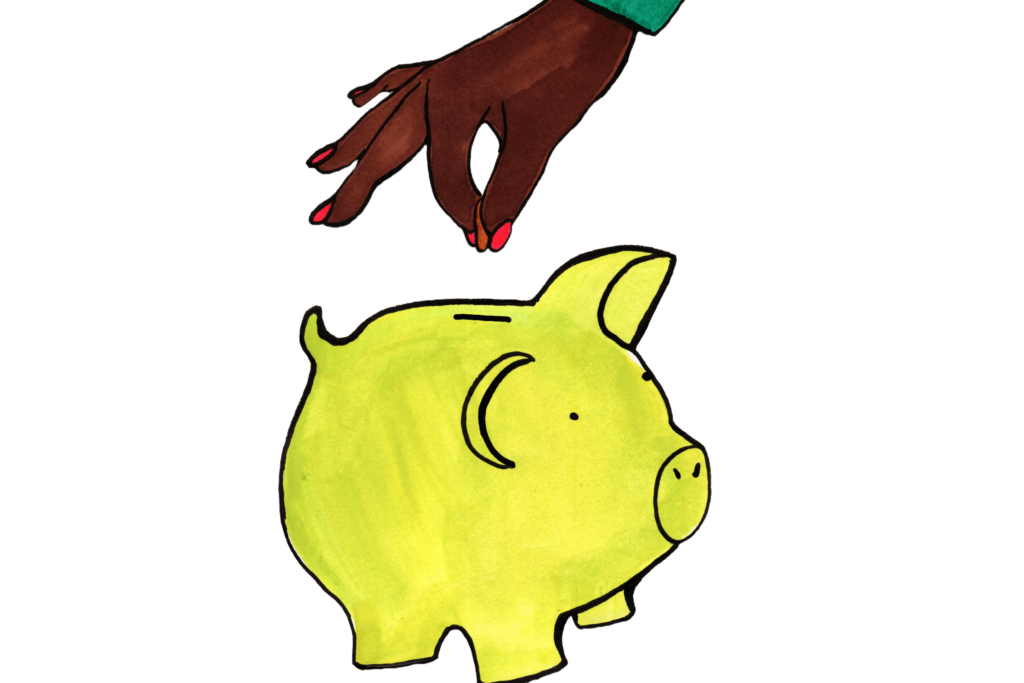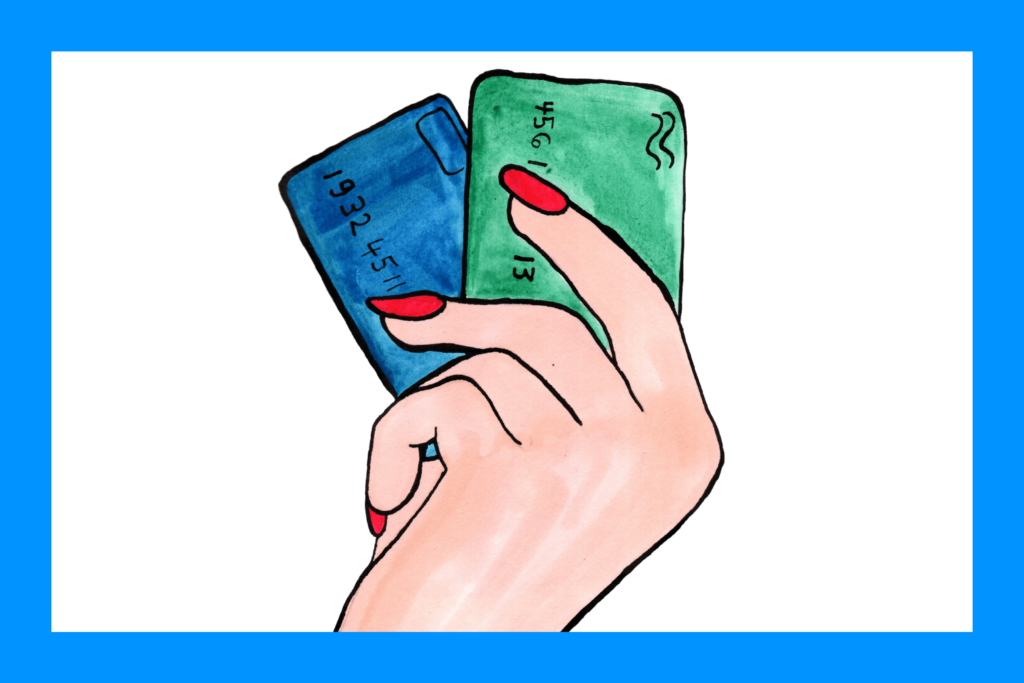Buying an alcoholic drink is expensive. It’s a process filled with excitement as you watch the bartender pour away, yet it’s soon questioned when you see £7 illuminating the contactless payment screen. Your bank account is screaming at you – paying that amount for a glass of liquid, but you delay the thought for when you check your online banking in the morning. With the cost of living increasing, the price of alcohol is one of the many financial pressures people face, so it stands to reason a good way to save money is by spending less on alcohol.
Data shows that UK citizens’ level of alcohol expenditure is large. The Office of National Statistics says between April 2019 – March 2020, households spent on average nearly £1,000 on alcohol each year. The data also uncovered that 18-30-years-olds spent the most on alcohol, averaging £14 per week.
Caroline, 22, a junior operations analyst in London, describes herself as sober curious, having decided to stop drinking last year.
With reference to her lower alcohol consumption, Caroline says she is surprised by the amount of money she has saved: “From the times where I used to drink, it’s so much different looking at my bank account with how much money I’m saving.”
“Every day, I think of an alternative expense I’m free to now incorporate into my budget – like clothing or skincare. Things that aren’t necessities, but I prefer them over alcohol. It’s just a waste of money in general. You feel good for a night, but don’t remember any of it. As a young person, I think I’m of higher consciousness about that.”
Working in the UK’s capital however, Caroline has found the regularity with which her colleagues drink has increased the social pressure for her to partake. She said: “Everyone’s always holding a drink.
“I’ll be standing there and have people asking, ‘why don’t you drink?’, ‘do you want a drink?’, ‘are you sure?’ – there’s definitely a pressure to be involved.”
UK-based charity Drinkaware says the positive financial impact of cutting down on alcohol consumption is not something people often consider. With the average UK household spending £17.60 on alcohol a week, curbing the habit can have benefits for a person’s disposal income – whether that be buying a new smartphone or paying for travel.

The idea of saving instead of spending is one the drinks community are encouraging. Ruari Fairbairns, founder of One Year No Beer, has created a community dedicated to helping people change their relationship with alcohol by encouraging members to participate in a range of alcohol-free challenges for periods of 28 or 90 days. He says the amount of money a person can save from cutting down on drinking is incredibly important.
“Our research was showing people, on average, are saving around £400 a month from our challenges. I don’t think people realise the cost of alcohol – we’re all totally blind to it. It’s not just the cost of drinks, but also everything else around it, think taxis, the bad food and the bad decisions.”
He says that poor habits associated with alcohol expenditure often stem from the drinking culture people face in their early 20s: “It’s a breeding ground for a really poor relationship with alcohol, which can affect you for life.
“Many young people start by binge drinking, chugging, doing shots and buying cheap booze, but those practices can continue for years. Often, what we’re dealing with in the One Year No Beer community, is people in their 30s who can’t break old habits.”
Jessica, 23, a PDGE secondary education student living in Birmingham, says the university drinking culture is a particular problem she has faced. “I’ll be out with friends and I won’t say no to buying a round because it’s embarrassing, but I also can’t afford to spend £40. Some of my friends are in their late 20s and have a bit more money because they’ve worked, so they’re just buying drinks left, right and centre. I would end up spending as much as the people who have savings.”
Having stopped drinking at the start of the year, Jessica explains that the price of alcohol was the reason for stopping. After one month, she believes she saved between £180-£350. “If I’d have carried on drinking, I don’t know how I could have done a food shop.
“I was going out every weekend and it was literally not sustainable because of the money that booze costs,” she says. “Even if I’m at a place that isn’t very expensive, I’ll still end up spending more than £30 over the night. I’d much rather spend a night in cooking dinner with my partner than spend £30 on drinks and wake up the next morning feeling depressed.”
With the cost-of-living crisis forcing people to keep a closer eye on their finances, better budgeting surrounding drinking could be considered. So, when you next go out with colleagues or friends, consider the benefits going lighter on the booze and leaving with a heavier wallet.
Illustration: Amy-Rose Holland, Picture editor: Charlotte Doyle

